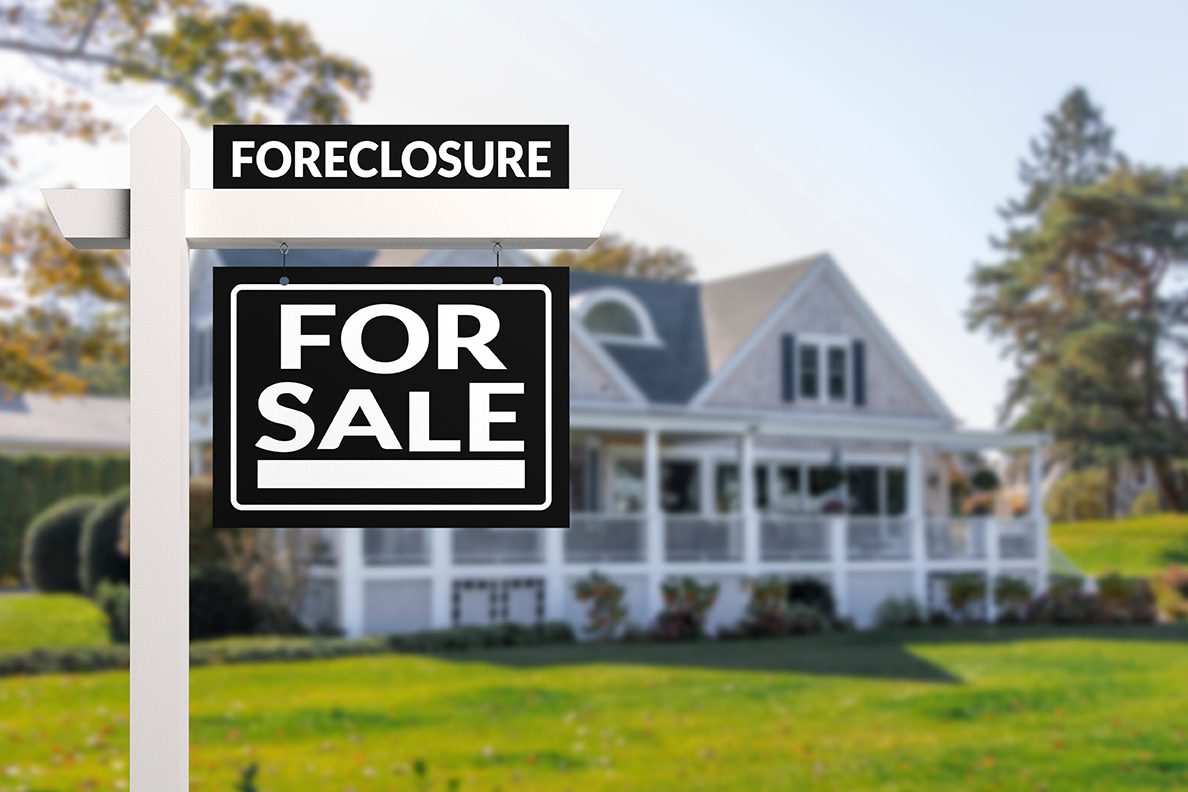Acquiring a foreclosed home is a financially rewarding opportunity, but it requires adequate knowledge and preparation to execute the right way. Knowing how to buy a foreclosed home is crucial before starting the process.
What is foreclosure?
The foreclosure process is initiated when a homeowner misses their loan payments for a minimum of three to six months, and the mortgage lender files a public notice of default, starting the pre-foreclosure process. The stage at which the home is in foreclosure determines the method of purchase, and buyers can purchase a home during or after the foreclosure process.
What are the 4 foreclosure stages?
· The pre-foreclosure stage is when the lender warns the owner that they are in default, and the foreclosure process is starting. The homeowner can be approached and offered to buy the house, but this is often done by real estate investors.
· The short sale stage is where the homeowner owes more than the home’s current value, and their lender may allow them to sell it for less than they owe.
· In contrast, the auction stage occurs at the end of the pre-foreclosure period when a public auction is held to sell the property. The bank-owned foreclosure is when no one purchases the home at the auction, and the mortgage lender repossesses and resells the property.
· If the house is bank-owned, the process of buying a foreclosed home is more similar to a traditional home purchase. It is essential to have a real estate agent who has experience with foreclosure purchases.
What is the process to purchase a foreclosed house?
Foreclosed homes are sold as-is, meaning that even if an inspector discovers an issue, it is unlikely to be fixed. Making an offer with room to deal with the unexpected is advisable, and including a home inspection contingency is necessary.
The contingency period provides the opportunity to learn as much as possible about the property and hire professionals such as home inspectors, structural engineers, pest inspectors, and hazardous material inspectors.
It is crucial to have a flexible timeline because the process of buying a foreclosure is much less predictable than that of a regular home purchase. A regular seller is typically motivated to sell quickly, while a mortgage lender is not in a hurry to sell the property.
A buyer may have to wait for weeks or even months before getting a response from the lender or the bank.
Pros and Cons of buying a foreclosure
When buying a foreclosed home, buyers should be aware of the potential risks and benefits. The benefits of buying a foreclosed home include purchasing a home for below market value and potential equity gains in the future. The risks associated with buying a foreclosed home include a lack of information about the property’s history, possible liens on the property, and unexpected repair costs.
To avoid potential risks, buyers should research the property thoroughly, including its history, potential liens, and any title issues. It is highly recommended to hire a home inspector and get a professional set of eyes to see if there are major issues that you need to consider before making an offer.
Additionally, it’s worth hiring an experienced real estate attorney that can provide legal guidance throughout the purchasing process.
Buyers should also have a pre-approval letter from their mortgage lender to demonstrate that they have the financial capacity to buy the property.
Buying a foreclosed home can be a great investment if approached with adequate knowledge and preparation. Understanding the foreclosure process, stages of foreclosure, and potential risks and benefits prior to submitting an offer can help you make informed decisions and increase the likelihood of a successful purchase.

